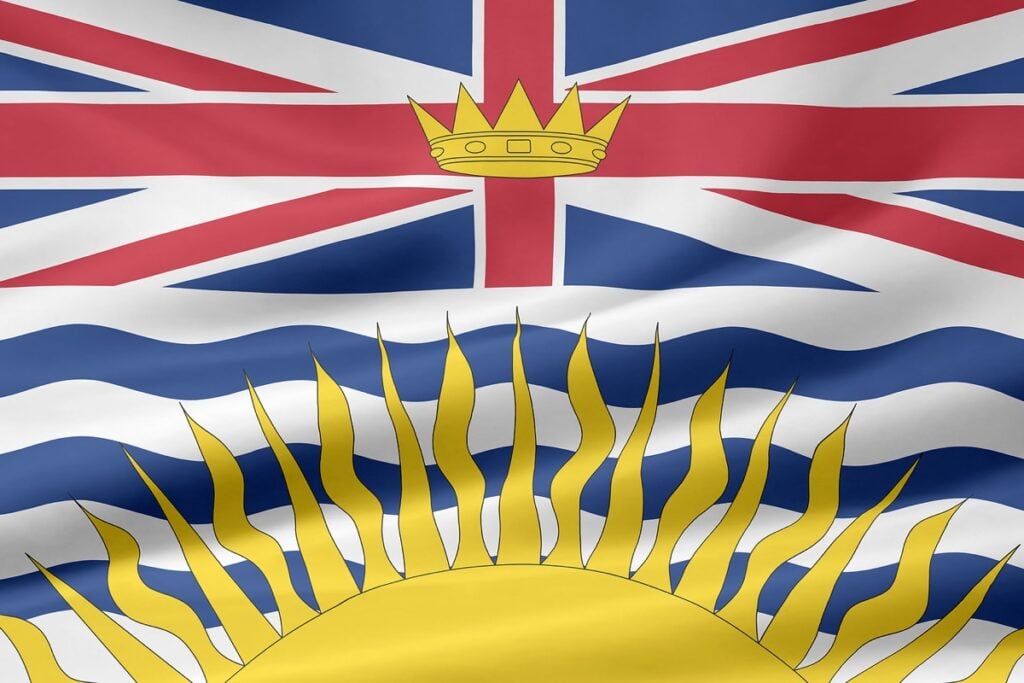Dealing with the loss of a loved one is difficult, and having the ability to take time off from work can be essential for emotional and practical reasons. British Columbia provides employees with bereavement leave as part of its employment standards, ensuring workers have job-protected time off to grieve. This guide outlines the essential aspects of bereavement leave in British Columbia.
See also: Bereavement leave in Canada for an overview of provincial policies
Definition and Origin
Bereavement leave in British Columbia is an unpaid, job-protected leave that allows employees to take time off work to mourn and handle responsibilities related to the death of a family member. This leave is governed by the Employment Standards Act of British Columbia, which establishes the rights and responsibilities of employees and employers.
Eligibility Criteria
Employees need to meet specific conditions to qualify for bereavement leave in British Columbia:
- Eligibility requirements: All employees, regardless of the length of their employment, are entitled to bereavement leave.
- Covered relationships: Bereavement leave applies to immediate family members such as parents, children, spouses, siblings, and other close relatives. Employers may extend this coverage to include other relationships based on company policy.
Duration of Leave
Employees in British Columbia are entitled to up to 3 days of unpaid bereavement leave. These days do not need to be consecutive, allowing for some flexibility in when the leave is taken within a reasonable time frame of the death.
Is Bereavement Leave Paid?
Under the Employment Standards Act, bereavement leave in British Columbia is unpaid. However, some employers may choose to provide paid bereavement leave as part of their benefits package or through collective agreements.
Employer Policies and Collective Agreements
While the Employment Standards Act sets the minimum for bereavement leave, employers may offer enhanced benefits:
- Internal company policies: Review your company’s policies or speak with HR to see if additional paid leave or extended days are available.
- Collective agreements: Unionized employees may have additional rights or paid leave provisions outlined in their collective agreements.
Requesting Bereavement Leave
Employees should notify their employer as soon as possible when taking bereavement leave. This section covers:
- Notification process: How to inform your employer, whether through written or verbal notice.
- Proof of bereavement: While not always mandatory, employers may ask for reasonable documentation, such as an obituary or death certificate.
Impact on Job Security
Bereavement leave in British Columbia is job-protected, ensuring that employees cannot be dismissed or penalized for taking this leave. This protection guarantees that employees can prioritize their grieving and personal responsibilities without fearing job loss.
Special Circumstances
Some unique situations may affect bereavement leave:
- Cultural or religious practices: Employees who need additional time off for cultural or religious reasons should discuss their needs with their employer to explore possible accommodations.
- Extended time off: Employees requiring more than 3 days may be able to use vacation days or request unpaid personal leave, subject to employer approval.
Frequently Asked Questions About Bereavement Leave in British Columbia
Below are FAQs to help clarify common questions related to bereavement leave in British Columbia:
What happens if I need more than 3 days off?
The Employment Standards Act provides for up to 3 unpaid days. If you need more time, you may request additional unpaid leave or use vacation days with employer consent.
Can I take bereavement leave if the deceased is not an immediate family member?
The Act covers immediate family members. However, employers may choose to extend bereavement leave to other relations based on company policies.
Is my employer required to provide paid bereavement leave?
No, the Employment Standards Act does not mandate paid bereavement leave. However, some employers or collective agreements may include provisions for paid leave.
Can bereavement leave be taken in non-consecutive days?
Yes, employees have the flexibility to take bereavement leave in non-consecutive days if needed, provided it is taken within a reasonable period following the death.
What documentation might I need to provide to my employer?
Employers may request reasonable documentation, such as an obituary, death certificate, or funeral program, as proof of bereavement.
Is bereavement leave included in British Columbia’s Employment Standards Act?
Yes, it is protected under the Act, ensuring job security for employees during bereavement.
Can an employer refuse bereavement leave?
No, as long as the employee meets the eligibility requirements and provides notification, employers cannot refuse bereavement leave.
What other types of leave can I use if I need more time?
Employees can consider using vacation days, unpaid personal leave, or other leave types allowed by their employer if they need more time.
Is there a different process for public sector employees?
Public sector employees may have additional benefits and policies outlined in collective agreements or public service guidelines that go beyond the Employment Standards Act.
Are there specific industries with different bereavement leave rules?
Most industries in British Columbia follow the Employment Standards Act, but unionized and certain regulated sectors may have specific provisions detailed in their agreements.

